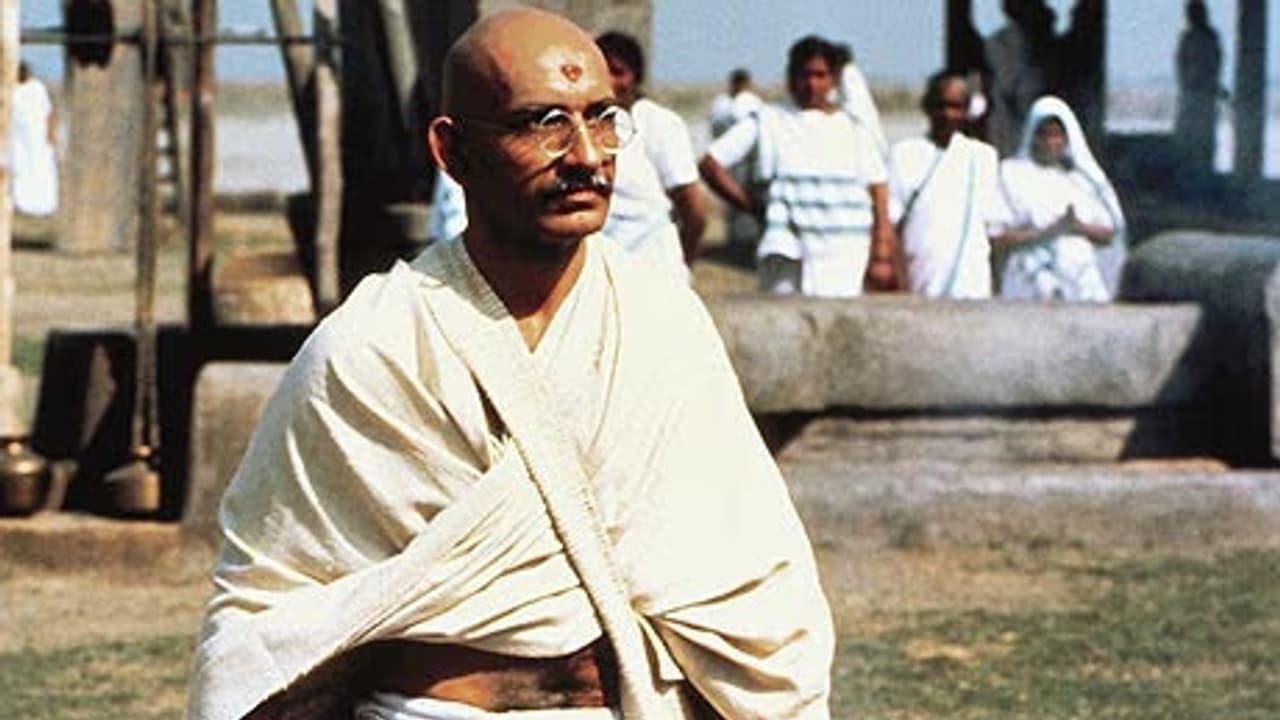Why Do We Celebrate Gandhi Jayanti On 2Nd October? Explained
Gandhi Jayanti is observed on 2nd October every year in memory of Mahatma Gandhi, the Father of the Nation as he is called, on the day of his birth. His ideals of truth, non-violence, and simplicity inspired the struggle of India for freedom and are still serving as inspiration for the people of the world today. It is not only a day of remembering him while he was born, it is a day to remember the values he stood for and these values are timeless even in the modern age.
Why Do We Celebrate Gandhi Jayanti on 2nd October
Mohandas Karamchand Gandhi was born on 2nd October 1869 in Porbandar, Gujarat. With the philosophy of Satyagraha (truth and firmness) and Ahimsa (non-violence), he launched many, such as Non-Co-operation Movement, Civil Disobedience Movement, and Quit India Movement. Gandhi's method of resistance became a source of inspiration not only for the Indian freedom struggle but also for world leaders like Martin Luther King Jr. and Nelson Mandela. Hence, the celebrating of Gandhi Jayanti on his birthday pays tribute to his historical role in India.
A National Holiday with Global Prospects
Gandhi Jayanti is one of three specific national holidays in India. The other two include Republic Day (26th January) and Independence Day (15th August). Schools, government offices, and institutions across the country remained close while special cultural and educational programs organized to spread Gandhi's message.
At the level of the global audience, it is worth noting that Gandhi has had the recognition of the United Nations in his contribution towards peace and humanity. In 2007, the UN declared 2nd October the International Day of Non-violence. It thus strengthens the universality of Gandhi and the enduring relevance of teachings by him.
The Meaning of the Day
Celebrating Gandhi Jayanti is not only about showering flowers on his statues or addressing his life in textbooks. It denotes living by values such as tolerance, compassion, and respect for humanity. Prayer meetings are also held at Raj Ghat in New Delhi, the place where Gandhi was cremated, with participation from leaders and citizens in homage. Cleanliness drives, peace marches, and activities promoting harmony are observed across India. Activities that indeed resonate with Gandhi's vision of a self-reliant and morally conscious society.
The Today Relevance
It is to shockingly evident even today that Gandhi's principles have almost retained their relevancy through the decades since his death. Suffice to say, in spite of the fact that few things in this world have changed towards more violence and intolerance, his teachings of peaceful protests and ethical leadership come down to meaning in the modern-day world. His call for self-sufficiency and rural development fits in well with the current discussion on sustainable living in the backdrop of climate changes and global peace. Thus, Gandhi Jayanti is more than a ritual; it is a time of introspection regarding his teachings and their possible application to daily life.
Legal Disclaimer:
MENAFN provides the
information “as is” without warranty of any kind. We do not accept
any responsibility or liability for the accuracy, content, images,
videos, licenses, completeness, legality, or reliability of the information
contained in this article. If you have any complaints or copyright
issues related to this article, kindly contact the provider above.
Most popular stories
Market Research

- Seoul Exchange, One Of Only Two Licensed Platforms For Unlisted Securities, Will Exclusively Use Story To Settle Tokenized Rwas
- Phase 6 Reaches 50% Mark As Mutuum Finance (MUTM) Approaches Next Price Step
- 0G Labs Launches Aristotle Mainnet With Largest Day-One Ecosystem For Decentralized AI
- Solotto Launches As Solana's First-Ever Community-Powered On-Chain Lottery
- Kintsu Launches Shype On Hyperliquid
- Blockchainfx Raises $7.24M In Presale As First Multi-Asset Super App Connecting Crypto, Stocks, And Forex Goes Live In Beta





















Comments
No comment